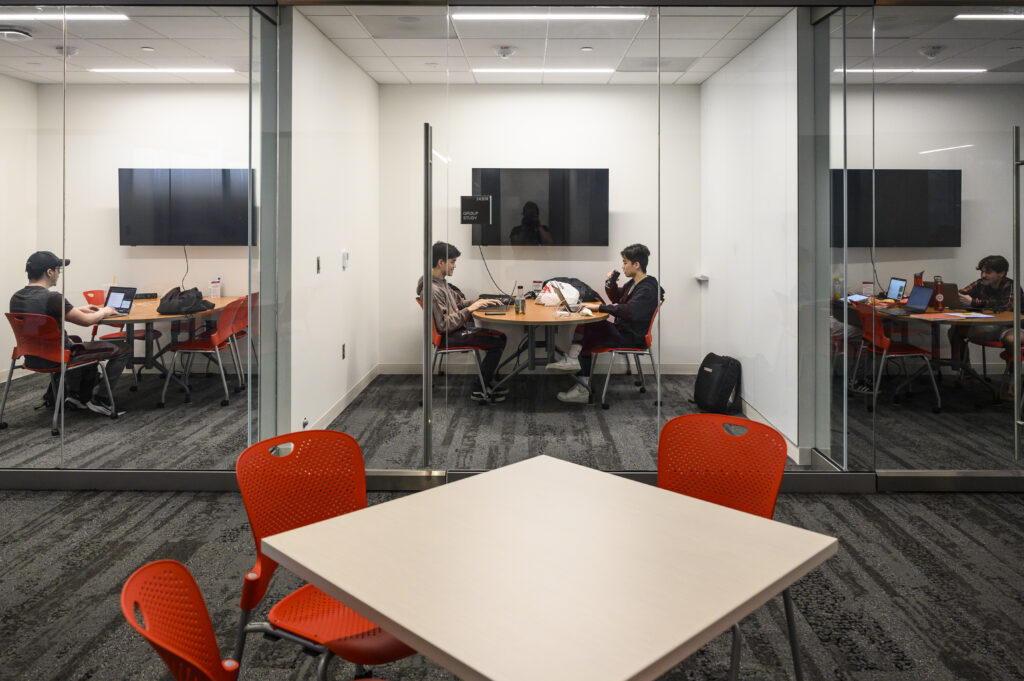
Postdoctoral scholars will engage in a series of activities throughout the 2-year fellowship.
Mentoring
Scholars will select one of the program trainers to serve as their primary research mentor. They will then select two more trainers to serve on their mentorship committee. Scholars will work with their to develop their Individual Development Plan (IDP), which will guide their training process and inform evaluations of scholar progress. Scholars will meet with their primary mentor weekly over the 2-year fellowship. Mentors will support scholars as they navigate their postdoctoral training and work toward independence as a researcher.
Coursework
Fellows will audit courses and complete professional development opportunities across multiple colleges/departments to further their training in multiple areas. Mentors will work with fellows to ensure that these training activities extend rather than duplicate training they have already received.
Research Methodology
Graduate courses available in this area at UW–Madison are pertinent to advanced, cutting-edge quantitative methods (e.g., structural equation modeling, item response theory) and qualitative methods (e.g., grounded theory, narrative inquiry). The UW–Madison Social Science Computing Cooperative also hosts week-long workshops on data management and analysis, including those specific to Stata, R, and Python.
Social Justice
Graduate courses within this area touch on critical epistemologies, the history of student activism, and education and resistance in community-based spaces. The UW–Madison Office of Inclusion Education offers Social Justice Education Programs, which provide educational opportunities that support exploration and engagement in DEI topics.
Knowledge within School Mental Health
SMHC-PRT offers deep, individualized training in topics aligned with each fellow’s research interests, building on their strong foundational training in school mental health practice. Potential training foci could include family-centered interventions, culturally responsive mental and behavioral health interventions, social-emotional and behavioral assessment, and violence prevention and school safety.
Application of Methodological Skills
Fellows will be trained in professional skills that will facilitate their capacity to promote equity in school mental health. Fellows will receive training and obtain experience leading and co-authoring grant applications, as well as experience leading activities on IES-funded projects. Fellows will obtain experience writing peer-reviewed publications and book chapters on topics related to social justice and school mental health.
Engagement in Research-Practice Partnerships
Postdoctoral scholars will have the opportunity to participate longstanding partnerships between SMHC and Madison Metropolitan School District, Milwaukee Public Schools, the Wisconsin Department of Public Instruction, Wisconsin Multi-Tiered Systems of Supportoffice, and over 20 schools and districts throughout Wisconsin and across the country.
Immersion in a Community of Scholars
Postdoctoral scholars will have the opportunity to engage with a community of scholars at multiple levels, including locally, regionally, and nationally. Training mentors will facilitate these connections through their existing collaborations and professional networks.
